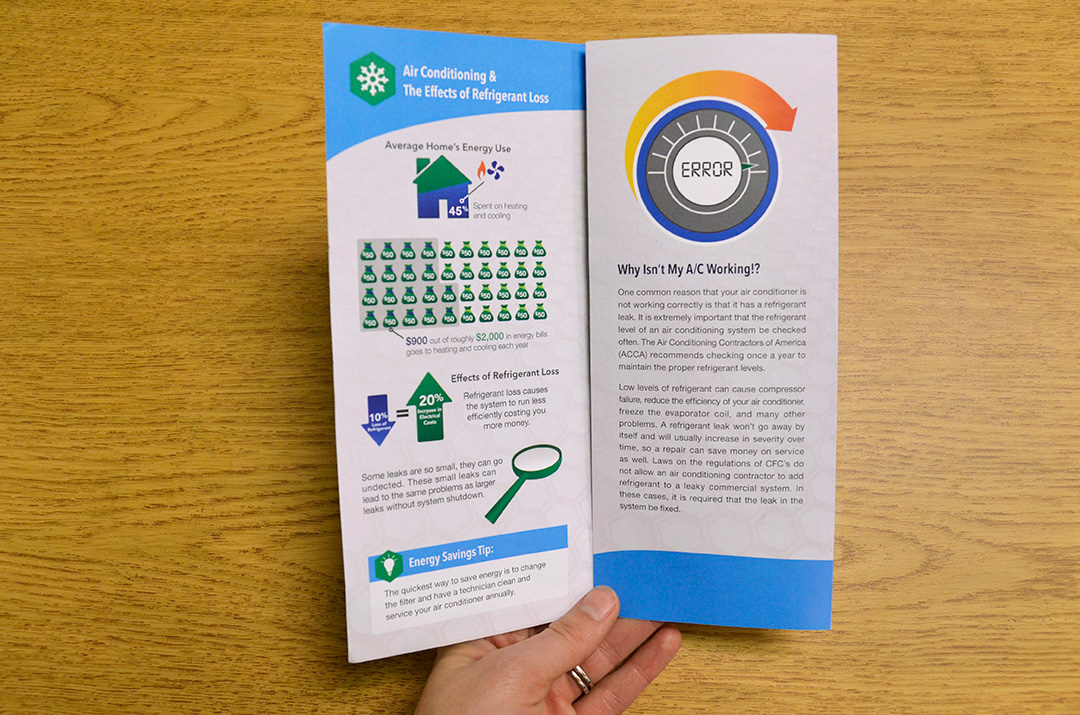The Future Of Home Heating - Just How Heatpump Innovation Is Progressing
The Future Of Home Heating - Just How Heatpump Innovation Is Progressing
Blog Article
Article By-Dugan Byrne
Heatpump will be a critical innovation for decarbonising heating. In a scenario regular with federal governments' revealed power and environment commitments, their global capacity increases by 2030, while their share in heating rises to one-quarter.
They work best in well-insulated homes and count on electricity, which can be provided from a sustainable power grid. Technological innovations are making them more reliable, smarter and more affordable.
Fuel Cells
Heat pumps use a compressor, refrigerant, coils and followers to move the air and warmth in homes and appliances. https://griffinlgztn.tkzblog.com/29202358/unmasking-usual-myths-and-misunderstandings-regarding-warm-pumps can be powered by solar energy or power from the grid. They have actually been gaining appeal due to their low cost, peaceful operation and the capability to create electricity during peak power need.
Some business, like IdaTech and BG MicroGen, are working with fuel cells for home heating. These microgenerators can replace a gas central heating boiler and generate several of a home's electric demands with a link to the electricity grid for the remainder.
But there are factors to be skeptical of using hydrogen for home heating, Rosenow states. It would certainly be expensive and inefficient contrasted to various other modern technologies, and it would add to carbon exhausts.
Smart and Connected Technologies
Smart home technology permits homeowners to attach and control their gadgets from another location with the use of smart device applications. As an example, clever thermostats can learn your heating choices and immediately get used to enhance power consumption. Smart lights systems can be managed with voice commands and automatically shut off lights when you leave the room, minimizing energy waste. And smart plugs can keep an eye on and handle your electrical usage, allowing you to identify and limit energy-hungry appliances.
The tech-savvy home portrayed in Carina's meeting is an excellent illustration of how occupants reconfigure room home heating practices in the light of new smart home innovations. They rely on the gadgets' automated attributes to carry out everyday adjustments and concern them as a practical means of performing their heating methods. Because of this, they see no factor to adapt their practices additionally in order to make it possible for flexibility in their home energy need, and treatments aiming at doing so might face resistance from these homes.
Power
Since heating up homes represent 13% people exhausts, a switch to cleaner alternatives could make a huge difference. However the innovation encounters difficulties: It's costly and requires substantial home restorations. And it's not always compatible with renewable resource sources, such as solar and wind.
Up until recently, electric heatpump were too costly to take on gas designs in the majority of markets. But new innovations in design and materials are making them extra budget friendly. And much better cold climate efficiency is allowing them to function well even in subzero temperature levels.
The next step in decarbonising home heating might be making use of heat networks, which attract warmth from a central source, such as a close-by river or sea inlet, and distribute it to a network of homes or buildings. That would minimize carbon exhausts and allow households to make the most of renewable energy, such as eco-friendly electrical energy from a grid supplied by renewables. This option would certainly be much less pricey than switching over to hydrogen, a nonrenewable fuel source that needs new framework and would just reduce carbon dioxide emissions by 5 percent if paired with boosted home insulation.
Renewable resource
As power rates drop, we're beginning to see the very same fad in home heating that has driven electrical cars and trucks right into the mainstream-- but at an also much faster rate. The solid climate case for impressive homes has actually been pressed further by brand-new research.
Renewables account for a substantial share of modern heat consumption, yet have been offered limited policy focus globally contrasted to other end-use industries-- and even much less interest than power has. In part, this shows a mix of consumer inertia, divided rewards and, in several nations, aids for fossil fuels.
New modern technologies could make the change easier. For example, heat pumps can be made extra power efficient by replacing old R-22 cooling agents with new ones that don't have the high GWPs of their predecessors. Some specialists additionally visualize district systems that attract warmth from a neighboring river or sea inlet, like a Norwegian arm. The cozy water can then be used for cooling and heating in an area.